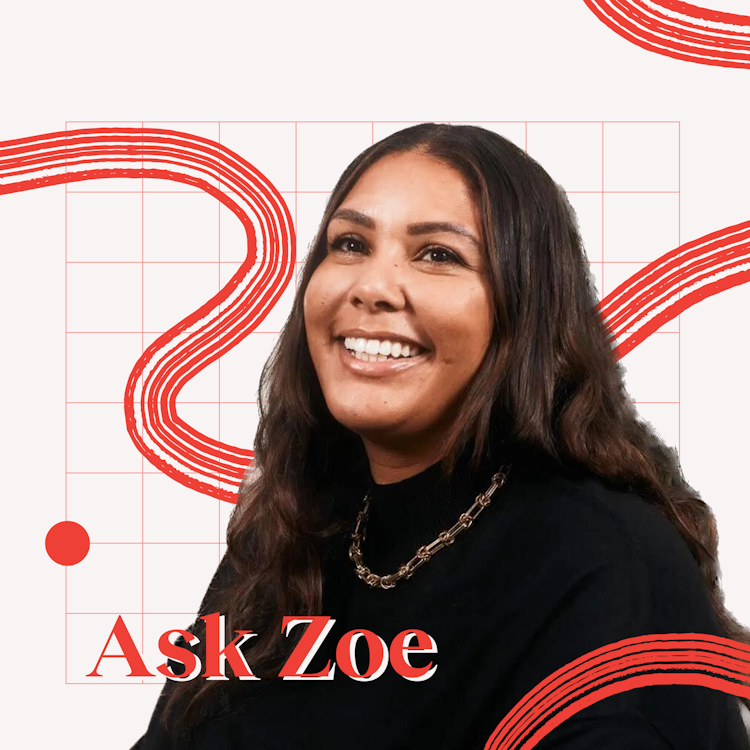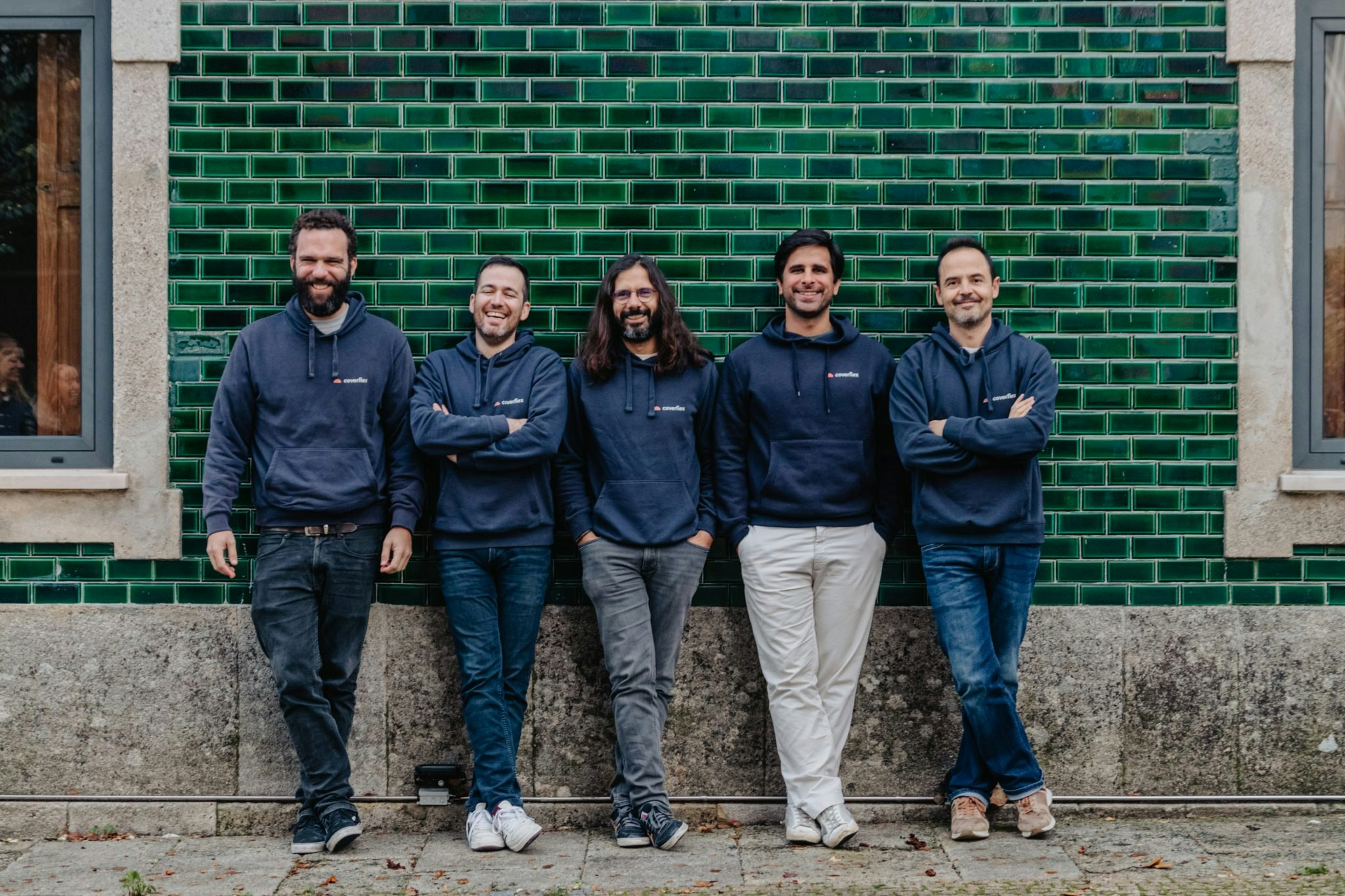Dear Zoe, I’m a mid-career operator with a solid track record in tech, but no AI experience. I’ve noticed a steady stream of smart people around me jumping into AI — former colleagues, friends, even my mentor. I’m curious about the space, but I’m not sure if it’s too late to pivot. Everything seems to be moving so fast, and I worry I’ve missed the window to get in early. Is there still time? And how should I start?
You’re not alone. The gravitational pull of AI is real and it’s natural to want to be ahead of the curve — or at least not behind it. I’m having this conversation about career relevance almost daily. The future is undeniably being rewritten in real time and companies building AI products are leading the charge.
Sam Altman recently described this as the best time to be building a career: “surfing the greatest technological wave maybe ever”. It’s hard to disagree.
But while exciting, it can also be a disorienting time to navigate future career plans. The good news is that it’s not too late to get involved. AI is still in its early innings and the window is far from closed.
That said, a meaningful pivot into AI won’t come from a passive strategy, and it’s not about jumping in blindly either. Here’s how to get started:
1/ Build AI fluency, knowledge and intuition
Begin by developing a foundational understanding of what AI is and how it works. Fluency in AI is critical, even if you remain at a company that is not AI native. You don’t need to become a machine learning engineer, but you do need to grasp the basics and adopt an AI mindset: one that’s curious, experimental and open to rethinking how work gets done in a world where human capabilities are being augmented and enhanced.
Stay current on tools, emerging trends and the real-world applications gaining traction. Learn how to use AI tools yourself — play with AI, write with AI, build with AI. Tools like app maker Lovable, code editor Cursor and creative content maker Gamma can help you bring to life your ideas. Other tools like note-taking app Granola, text reader ElevenReader and AI agent maker Dust can be incorporated into your daily workflows to enhance your productivity. Developing your own point of view on the AI landscape will come from first-hand experience.
Rather than getting hung up on which are the best models to use, start improving your prompting skills generally. Understand what gets great outputs, and what doesn’t. Prompting is fast becoming a baseline career skill.
2/ Cultivate your edge — where your skills meet the AI opportunity
This isn’t about changing who you are; it’s about evolving your current skillset to stay relevant. Look for entry points that sit at the intersection of AI and domains you already understand well.
As AI becomes more verticalised, your knowledge and expertise in a specific sector could be a major asset. For instance: experience or deep interest in the legal sector might lead you to companies like legal assistant Harvey. Or if you’re well-versed in healthcare settings and how clinicians carry out their work, clinical AI assistant Anterior. Or if you’re CX obsessed, you might find a match in customer experience agent Sierra.
You don’t need ‘AI experience’ to be valuable. Most companies will value skills gained in high-context, technical environments where communication, influence and decision-making matter. Human-centred skills — like trust-building, accountability, responsiveness — are essential in AI teams, particularly in applied AI and product roles.
3/ Cut through the hype — find real opportunities, not just AI-washed ones
There’s a lot of noise right now and it pays to look for substance in a world where almost every firm claims to be ‘AI-powered’.
Look for companies solving real-world problems using AI in meaningful ways. Some of these companies won’t have strong brands today, as some of the most impactful AI opportunities haven’t been fully built yet. Don’t assume the first-mover advantage is everything.
Be open to new shapes of roles. AI is shifting org charts, job functions and team sizes. Company-building looks different now — leaner, faster, more experimental. Don’t get hung up on titles as you explore higher impact opportunities in AI. Instead, look for places where you can learn, grow and meaningfully contribute.
4/ Follow great people
You mentioned former colleagues and mentors making moves in AI. Pay attention to that. Following great people is one of the most reliable ways to navigate emerging career trends.
Track the calibre of teams on LinkedIn. Where are the smartest, most ambitious operators gathering?
Find superconnectors who can open doors to their networks of people working in AI. Don’t overlook intermediaries — well-connected investors, advisors, accelerators or professional services. Look for community events hosted by breakout AI companies as they look to grow awareness in the ecosystem.
Have some fun and take advantage of new experimental networking platforms (I’ve loved checking out my matches in tech with AI social connector Gigi).
5/ Check your motivations — don’t fall into the FOMO trap
Lastly, ensure you make a sustainable choice, not a reactive one. It’s easy to feel left behind. But meaningful career moves aren’t made by just chasing what’s hot.
A great career isn’t built on being first. It’s built on being in the right place at the right time for you. Consider whether your current path still has growth upside. Though many will be, not every impactful company will be an AI company.
***
There is definitely still time to pivot. But the most powerful way to enter the AI wave isn’t by abandoning who you are — it’s by combining your unique edge and skills with a proactive commitment to learn, adapt and explore. Let curiosity lead you — but be strategic and lean into spaces where you already have an advantage and can make an impact. The AI moment is not going away anytime soon.




